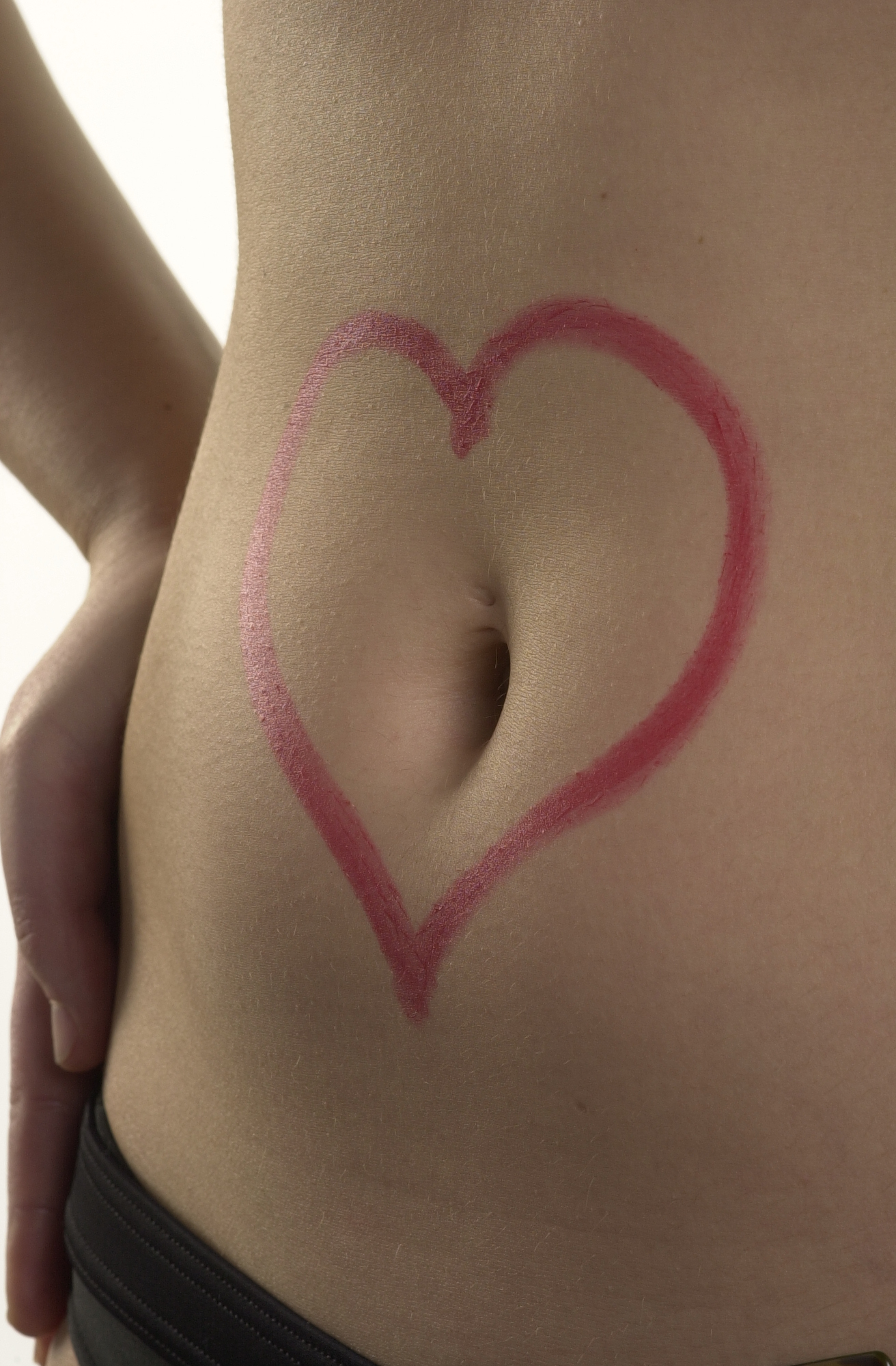
London: A survey conducted by probiotic experts Yakult reveals that 15.5 million Brits are struggling to keep to their New Year resolutions at the start of the year with 5 million admitting to failing altogether.
The research by Yakult showed 52% of people ate and drunk substantially more over the Christmas period with 30% likely to have experienced some form of digestive complaint.
Dr Simon Gabe says: Digestive problems over Christmas are very common and can occur for a variety of reasons such as dietary changes, stress and gastroenteritis. Infections such as salmonella can and do occur from undercooked turkey, but it is more likely that symptoms suffered are due to a combination of dietary changes and stress.
Irritable bowel symptoms have a seasonal variation and this may relate to the diet and stress during this time of the year.
Making changes to your diet during this period before youve recovered could increase the likelihood of breaking your resolution. Starting a few weeks later will not only be better for you physically but also ease the mental struggle of trying to keep to your resolution.
This is a view of psychologist Donna Dawson who says: Two weeks into the New Year is the best time to start your New Year resolution. The reason for this is two-fold: firstly people forget that Christmas can be a very stressful period in many ways; secondly, combining the after-effects of the holiday period with returning to work puts people under a great deal of emotional and physical strain. As a result, the majority of people are not mentally ready to begin their resolutions on New Years Day.
Keeping to a successful resolution is a physical and mental battle. However, going back to work after the festive period also adds to the strain. 46% of those surveyed said going back to work after the festive period was a physical and mental shock to the system. When it comes to citing reasons for failure, 18% of people blamed the stress of going back to work, whilst 17% said it was a case of January blues which led them to fail. 38% would delay starting their resolutions if they thought it would mean keeping them longer.
Donna Dawson continues: By January 14th you should be recovered from Christmas and adjusted to being back at work making it the perfect time to focus on improvements to your life. You have had time to think clearly about what you really want for yourself, and you are physically and mentally more able to work towards achieving it. If you have already broken your resolution, dont despair as now is the time to start afresh to increase your chance of success.
The Inside Out Diet is a lifestyle plan, devised by independent experts Dr Tony Leeds, nutritionist Fiona Hunter and also fitness expert Nicki Waterman. As well as providing tips, recipes and exercises, the website has recently launched a new blog in which users can share tips and advice and offer motivation for those looking to lead a health lifestyle and get in to shape. Users can also register for their own free copy of the Inside Out Diet book on the website, www.insideoutdiet.co.uk
Five Tips for Successful New Years Resolutions from Psychologist Donna Dawson:
1) Choose a Realistic Resolution and a Realistic Target Date: First, choose a resolution that can be achieved realistically within your present life-style. Then choose a date for reaching your goal that is neither so soon that you will fail (for example, a month), or so far away that you will give up before you reach it (say, six months). Any New Years resolution should be considered an ongoing process, so give yourself a target date that reflects that.
2) Brainstorm: Write down every idea and activity that will help you to meet your goal – this may mean adding or subtracting something from your present lifestyle. Also, consider what or whom may be holding you back? You may have to avoid doing certain things, or even stop doing certain things for others
3) Prioritise: A big goal can always be broken down into smaller steps to make it more manageable. Find the smaller steps that make up the whole, and then work out a time-span for working out each smaller step into your life (for example, immediately, a few days, a week, a month).
4) Reinforcement; Human beings are creatures of habit; the trick is to unlearn bad habits and to replace them with good habits. If you are dieting, then reward any success with non-food rewards. If you are getting fit, plan at least two exercise sessions a week within your present routine (write them into your diary as firm dates, and then keep them). By reward and persistence, the good habits will soon become automatic, thereby ousting the bad habits.
5) Forgive Yourself: If you lapse from your goal, dont berate yourself and give up in disgust. To err is human, and you must take the longer view. Cultivate the difference between willpower (an all-or-nothing approach which brooks no failure), and self-control (which can be learned, and which allows for some compromise). Pick yourself up, dust yourself off, and start again, always accentuating the positive!
2,025 people were surveyed by YouGov
Yakult
Yakult is the original probiotic. It was developed in 1935 by Dr Shirota, at Kyoto University in Japan.
Dr Shirota was a powerful advocate of preventative medicine. He believed healthy intestines helped give good health and a long life. His philosophy Working on a healthy society aims to improve physical, mental and social health.
Yakult has nearly 75 years in bacteriological research and has achieved global recognition in the use of friendly bacteria in foods, cosmetics and pharmaceuticals. Research continues at the Yakult Central Institute in Japan and the company also works closely with scientific and medical communities to increase understanding of the role of friendly bacteria in health.
Today Yakult is consumed by 25 million people in 31 countries world-wide.


